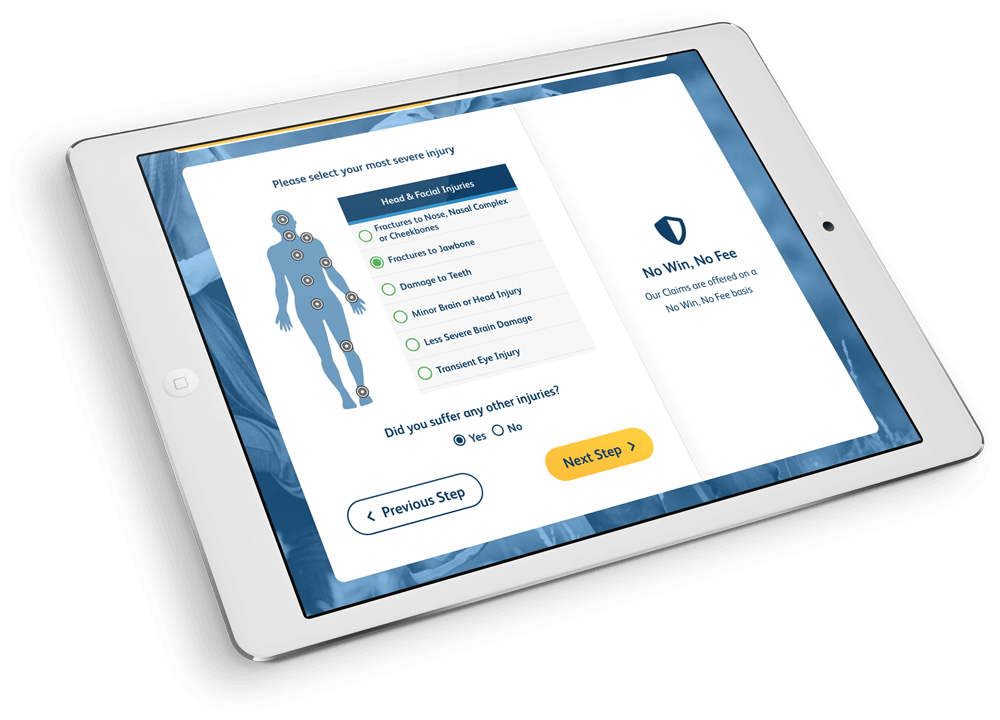Maternity care: Are we experiencing a safety crisis in our hospitals?
More than a third of maternity units across the country need to improve the quality of care they provide, according to data from the Care Quality Commission (CQC).
The health watchdog has highlighted how 38% of maternity services are not meeting the required standards when it comes to patient safety, with 1% deemed as ‘inadequate’.
As part of the inquiry by the health select committee, Prof Ted Baker, chief inspector of hospital for the CQC, warned that we could be facing a ‘constant stream’ of issues if significant culture changes aren’t made.
But, what are the issues and how can they be tackled to improve safety standards on our maternity wards?
ARE WE SEEING A TREND FOR FAILINGS IN MATERNITY CARE?
Put simply – and very worryingly – yes. Many of us will remember hearing about the Morecambe Bay investigation, which was an independent public inquiry launched by the Secretary of State for Health in September 2013, following concerns over serious incidents in the maternity department at Furness General Hospital (FGH)
The concluding report, which covered a period from January 2004 through to June 2013, showed the maternity unit at FGH to be ‘dysfunctional’ and highlighted how failings in clinical care had led to unnecessary deaths of both mothers and babies. The Investigation Panel also looked at pregnancies at other maternity units run by University Hospitals of Morecambe Bay NHS Foundation Trust; however, serious concerns over clinical practice were confined to FGH.
Key issues that were identified related to the clinical competence of a proportion of staff, including a lack of essential knowledge and not recognising, or appropriately acting upon, warning signs in pregnancy. Poor working relationships between midwives, obstetricians and paediatricians, creating a ‘them and us’ culture’, was also highlighted as hampering clinical care.
Following the report, Dr Bill Kirkup – who led the investigation – issued a number of recommendations and learnings for the wider NHS.
However, the CQC’s recent data demonstrates that lessons may not have been learned, sadly, meaning there are still areas requiring urgent improvement.
Further maternity scandals have also recently been exposed at East Kent, where up to 15 babies have died since 2011, while another review is still underway at Shrewsbury and Telford Hospital Trust in Shropshire, in what is feared to be the NHS’s biggest maternity scandal. Nearly 2,000 families have made complaints about their care and they include those who have lost mothers and babies.
We called for more action to be taken on these issues in our recent blog: ‘Urgent need for action’ remains following East Kent NHS Trust birth scandal
WHAT ARE SOME OF THE ISSUES IN MATERNITY CARE?
Sadly, we are seeing a rise in the number of medical negligence cases relating to poor maternity care. For example, we have dealt with cases where midwives have been too busy to correctly read the cardiotocography (CTG) trace and therefore haven’t identified foetal distress.
Other cases have included a failure by nurses to diagnose signs of shoulder dystocia and to continue to pull on baby’s head to force delivery causing significant physical injury and developmental problems. In addition, we’ve seen a failure by a consultant obstetrician to arrange an urgent c-section and, in doing so, caused a delay in birth and subsequent brain hypoxia to the baby.
WHY ARE THERE PROBLEMS IN MATERNITY CARE?
According to Prof Baker, who led the CQC’s latest report, maternity units are ‘too defensive’ when births go wrong and, as a result, are causing a danger to patients. He told how individuals are often blamed rather than wider issues within the system being addressed.
And, it is believed that some units ‘actively conceal’ mistakes, Dr Kirkup told the committee.
However, a number of elements are contributing to the rising problem, according to our Head of Clinical Negligence, Carlos Lopez. He said: “While this latest report is deeply concerning, it’s important that we don’t begin finger-pointing and, instead, look at what is causing such problems.
“Not only do we have a lack of midwives, but we also have a lack of funding for quality training and ongoing development for the profession. We’re also seeing junior doctors being over-worked and given responsibilities way beyond their level of experience, due to staff shortages. It’s clear from the data that lessons have unfortunately not been learned, despite a series of maternity failures in recent years including the Morecambe Bay, East Kent and Shrewsbury investigations and it poses the question of how many more mothers and babies will have to suffer before stronger action is taken?”
If you’ve been affected by poor maternity care that has led to medical negligence, our team may be able to help. To find out more, get in touch with our team of experts for a free, no-obligation consultation.





